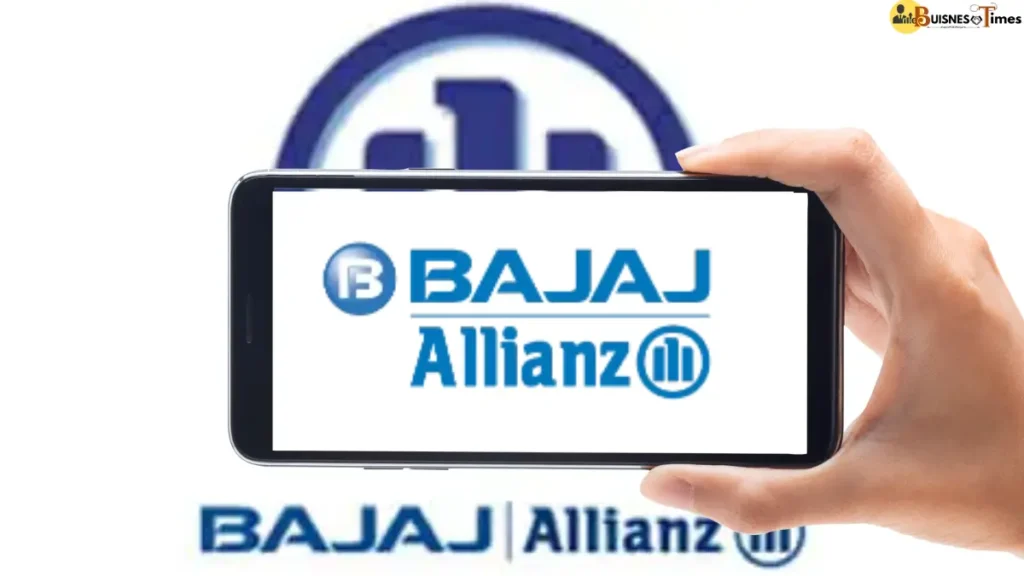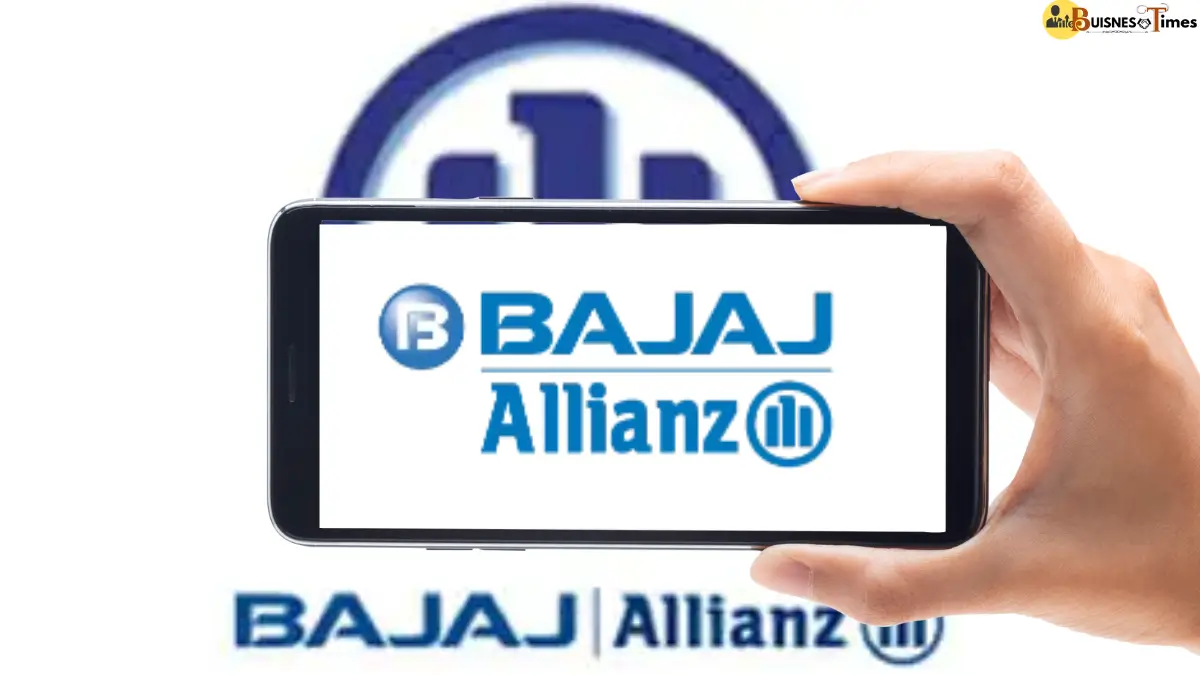In a major development that could impact thousands of health insurance policyholders, over 15,000 hospitals across northern India, including leading names like Max Healthcare, Medanta, and PSRI, have decided to suspend cashless treatment facilities for patients covered under Bajaj Allianz General Insurance.
The announcement was made by the Association of Healthcare Providers – India (AHPI), an umbrella body that represents more than 15,200 hospitals across the country. The suspension will come into effect from September 1, 2025, and is being seen as one of the most significant standoffs between hospitals and insurers in recent years.

Why Have Hospitals Taken This Step?
According to AHPI, the dispute centers around outdated reimbursement tariffs. The current rates were agreed upon several years ago, but hospitals argue that they have not been revised in line with medical inflation, which has been rising at an estimated 7–8% annually in India.
Hospitals say that continuing to provide treatments under these old rates is not just unsustainable but also threatens to compromise the quality of patient care.
AHPI Director General Dr. Girdhar Gyani emphasized the seriousness of the issue:
“While hospitals continuously work towards improving efficiency and reducing costs, operating under reimbursement rates that are several years old is not feasible. Demands for further tariff reductions only worsen the problem. This is unsustainable and risks compromising patient care—something hospitals cannot accept.”
Concerns Raised by Hospitals
Apart from outdated rates, hospitals allege that Bajaj Allianz has also:
- Made arbitrary payment deductions
- Caused delays in settlement of claims
- Introduced long and cumbersome pre-authorisation procedures
According to member hospitals, these practices have created financial strain and administrative challenges, while also delaying access to timely treatment for patients.
What Does This Mean for Patients?
For patients insured under Bajaj Allianz, the biggest change will be the loss of cashless treatment at major hospitals affiliated with AHPI.
- Patients will still be able to receive treatment at these hospitals.
- However, instead of the insurer directly settling the bills, patients will have to pay upfront and later file for reimbursement from the insurance company.
This process could be burdensome for families, especially when dealing with high-value medical bills for procedures like surgeries, ICU stays, or long-term treatments.
AHPI has clarified that this is a temporary suspension and not a permanent severance of ties. Cashless services could be restored if both parties agree on fair and sustainable tariffs.
Wider Impact on the Healthcare Sector
The suspension is expected to have a ripple effect across India’s healthcare and insurance ecosystem. With over 15,000 hospitals participating in the suspension, the move could significantly disrupt policyholders’ trust in cashless insurance—a service that has been marketed as one of the biggest advantages of health coverage.

Healthcare experts warn that this standoff highlights a larger structural problem in India’s health insurance market:
- Hospitals face rising costs due to inflation, expensive consumables, and high staffing expenses.
- Insurers, on the other hand, are under pressure to keep premiums affordable while managing claim ratios.
- Patients, stuck between both sides, often bear the brunt through out-of-pocket expenses.
Warning to Other Insurers
The AHPI has not limited its warning to Bajaj Allianz. It also issued a notice to Care Health Insurance, asking the company to respond to similar concerns by August 31, 2025.
If Care Health fails to act, hospitals may withdraw cashless facilities for its customers as well.
The association has been demanding that tariffs be reviewed every two years to account for medical inflation and maintain standards of care. However, insurers have largely resisted such periodic revisions.
Bajaj Allianz Responds
Reacting to the announcement, Bhaskar Nerurkar, Head of the Health Administration Team at Bajaj Allianz General Insurance, said the company was surprised by AHPI’s decision.
“At Bajaj Allianz, our priority has always been to ensure policyholders receive seamless hospitalisation experiences at fair rates. We actively engage with hospitals to resolve queries and settle dues. We remain confident that an amicable resolution can be reached in the best interests of our customers.”
Despite this assurance, hospital groups maintain that without revising reimbursement rates, quality healthcare delivery will be compromised.
How Policyholders Should Prepare
For Bajaj Allianz customers, the upcoming suspension means they need to plan ahead:
- Check Hospital Networks – Patients should confirm whether their preferred hospital will continue offering cashless services.
- Keep Emergency Funds Ready – Since treatments may require upfront payments, having savings or access to credit becomes essential.
- File Reimbursement Claims Promptly – Patients should maintain all medical bills, prescriptions, and discharge summaries to avoid delays in reimbursement.
- Stay Updated – The situation remains fluid. Policyholders should monitor official announcements from both Bajaj Allianz and AHPI.

What Happens Next?
Industry experts believe that negotiations between AHPI and Bajaj Allianz are likely to continue over the coming weeks. Hospitals are pushing for revised tariffs that reflect current medical costs, while insurers are expected to push back, citing affordability concerns.
If no agreement is reached, policyholders could face an extended period of disruption, which might also erode confidence in the cashless model of health insurance.
For now, over 15,000 hospitals across northern India, including some of the country’s largest private facilities, are preparing to implement the suspension from September 1, 2025.
The standoff between hospitals and Bajaj Allianz General Insurance underscores a growing challenge in India’s healthcare ecosystem: how to balance rising medical costs, affordable insurance premiums, and quality patient care.
While hospitals insist they cannot sustain outdated reimbursement models, insurers argue they must manage costs to keep premiums reasonable. In the middle, patients risk losing access to the cashless treatment convenience they were promised.
All eyes are now on whether both parties can negotiate a middle ground that safeguards patient interests while ensuring financial sustainability for healthcare providers.
Disclaimer : This article is based on publicly available information, industry reports, and official statements. It is intended for informational purposes only and should not be considered as financial or medical advice. Readers are advised to verify details with official sources before making decisions related to insurance or healthcare.

